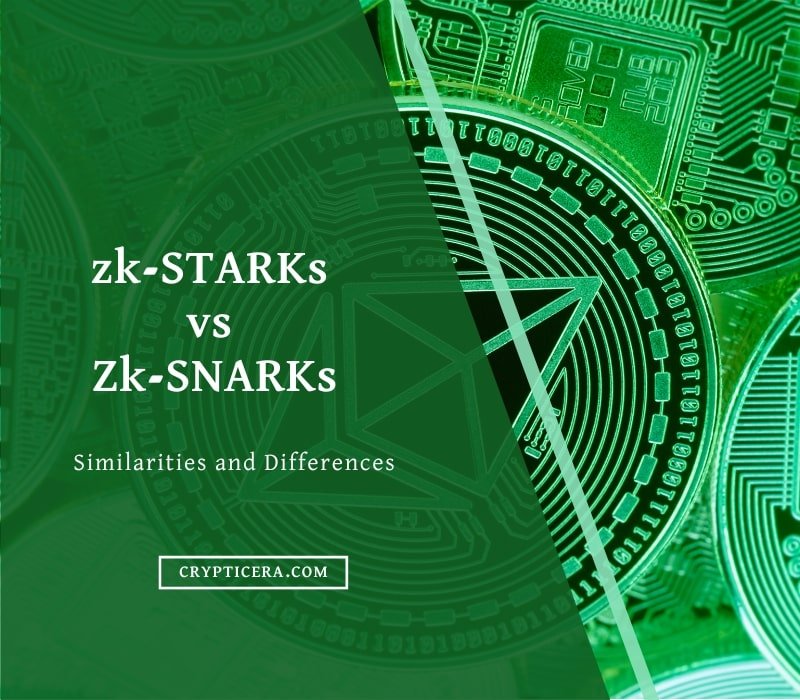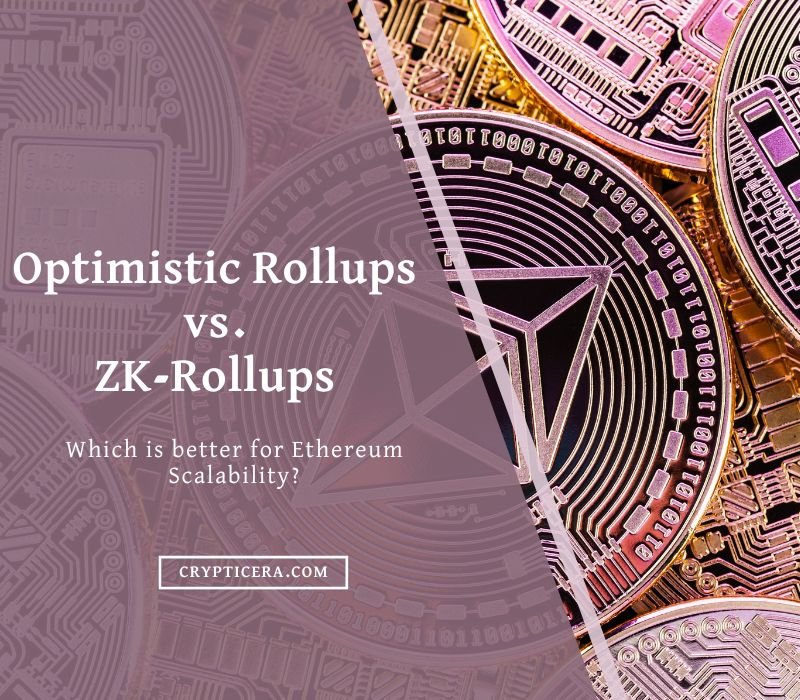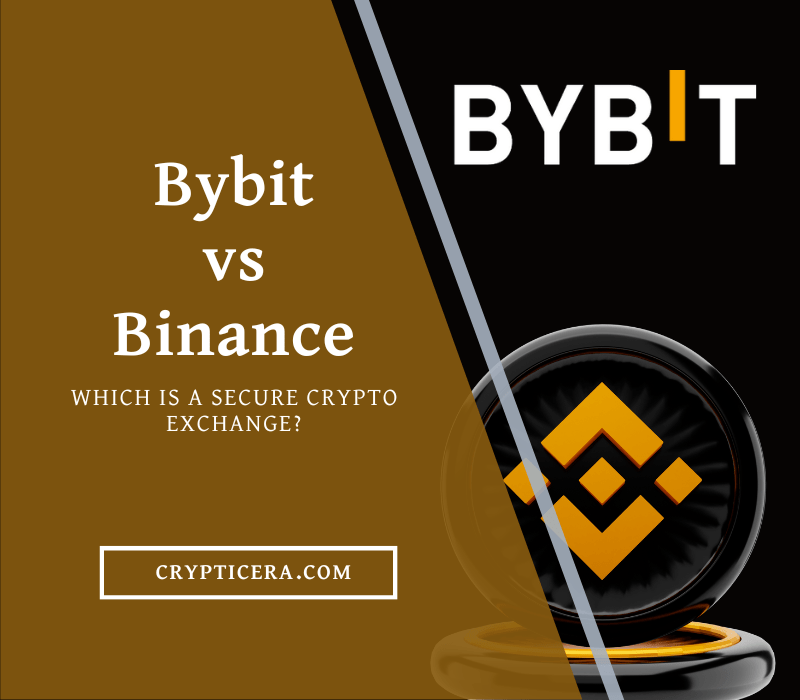Cryptocurrencies have revolutionized the way we conduct financial transactions. Bitcoin was the first cryptocurrency that was introduced in 2009.
Since then, the crypto market has grown significantly, with new cryptocurrencies entering the market regularly. Ethereum and Ripple are two of the most popular cryptocurrencies.
In this article, we will delve into the differences and similarities between Ethereum and XRP.
Key Takeaways:
- Ethereum is better for building DApps and smart contracts, while XRP is better for cross-border payments.
- XRP’s transaction speed is faster than Ethereum’s transaction speed.
- Ethereum’s transaction cost is higher than XRP’s transaction cost.
Ethereum vs XRP: Similarities and Differences
| Key Points | Ethereum | XRP |
|---|---|---|
| Purpose | Smart contracts and DApps | low-cost cross-border payments |
| Cryptocurrency | Ether (ETH) | XRP (also known as Ripple) |
| Market Capitalization | $230 billion | $26 billion |
| Consensus Mechanism | Proof of Stake (PoS) | Ripple Protocol Consensus Algorithm (RPCA) |
| Transaction Speed | Average of 15-30 transactions per second (tps) | Average of 1,500-3,500 tps |
| Transaction Fees | Variable and can be high during peak times | Very low, typically fractions of a cent |
| Use Cases | dApps, decentralized finance (DeFi), non-fungible tokens (NFTs), and more | Cross-border payments, remittances, and facilitating liquidity for financial institutions |
| Governance | Decentralized | Centralized |
| Ethereum Overview | Ripple Overview |
What is Ethereum?

Ethereum is a decentralized open-source blockchain platform that was introduced in 2015. Ethereum’s founder, Vitalik Buterin, envisioned a platform that could run smart contracts and decentralized applications (DApps). Ethereum’s cryptocurrency is called Ether (ETH).
It uses blockchain technology to record transactions. However, Ethereum’s blockchain is different from Bitcoin’s blockchain in many ways.
Ethereum’s blockchain is programmable, which means developers can build smart contracts and DApps on top of it. Smart contracts are self-executing contracts that automatically execute when certain conditions are met.
Pros and Cons of Ether
| Pros 👍 | Cons 👎 |
|---|---|
| Decentralized platform for smart contracts | Scalability challenges with gas fees and congestion |
| Supports interoperability with other blockchains | Vulnerability to smart contract hacks and breaches |
| Transparent and immutable record-keeping | Lack of privacy for transactions and addresses |
| Strong network effect with widespread adoption |
What is Ripple [XRP]?

XRP is a cryptocurrency that was introduced in 2012 by Ripple Labs. XRP was designed to be used as a digital asset for cross-border payments. XRP’s purpose is to make international payments faster and cheaper.
XRP uses a consensus algorithm called Ripple Protocol Consensus Algorithm (RPCA). RPCA is different from Bitcoin’s proof-of-work (PoW) and Ethereum’s proof-of-stake (PoS) consensus algorithms.
RPCA is faster and more energy-efficient than PoW and PoS. XRP’s ledger is also more centralized than other cryptocurrencies.
Pros and Cons of XRP
| Pros 👍 | Cons 👎 |
|---|---|
| Fast and low-cost transactions | Centralized nature |
| Scalability for high transaction volumes | Legal and regulatory uncertainties (SEC issues) |
| Established partnerships with financial institutions | Dependency on Ripple Labs |
| Built-in currency exchange for cross-border transactions | |
| Designed for institutional use |
Comparison between Ethereum and XRP
Blockchain Technology
Blockchain technology is a decentralized ledger that is used to record transactions across multiple computers.
Each block in the blockchain contains a cryptographic hash of the previous block, a timestamp, and transaction data
Ethereum and XRP both use this same blockchain technology, but their workings are different. Ethereum’s blockchain is programmable, while XRP’s blockchain is not.
Ethereum’s blockchain is more decentralized than XRP’s blockchain.
Purpose and Functionality
Ethereum and XRP have different purposes and functionalities. Ethereum is a platform for building decentralized applications (DApps) and executing smart contracts.
It allows developers to build DApps that can run on the blockchain and be accessed by anyone with an internet connection.
On the other hand, XRP is a digital asset that is designed for cross-border payments. It allows financial institutions to transfer funds across borders in real-time, without the need for intermediaries.
XRP’s functionality is centered around solving the problem of slow and expensive cross-border payments.
Related: Best Ethereum Liquid Staking Coins
Transaction Speed and Cost
Transaction speed and cost are two important factors to consider when comparing Ethereum and XRP.
Ethereum’s transaction speed is slower than XRP’s transaction speed, with an average block time of 13 seconds compared to XRP’s 4 seconds.
However, Ethereum’s transaction cost is also higher than XRP’s transaction cost, with an average transaction fee of $6 – $20 compared to Ripples’s average transaction fee of $0.06.
Programming Language
Ethereum uses a programming language called Solidity, which is specifically designed for building smart contracts.
Solidity is a statically typed language that supports inheritance, libraries, and complex user-defined types. It is similar to JavaScript in syntax and is compiled into bytecode that can be executed on the Ethereum Virtual Machine (EVM).
XRP, on the other hand, does not have its own programming language. Instead, it uses the Interledger Protocol (ILP) to communicate with other ledgers and systems.
Since Ethereum has its own programming language, it allows for more flexibility and customization in building smart contracts. Developers can create complex logic and execute it on the blockchain using Solidity.
XRP, on the other hand, is more focused on cross-border payments and does not require a programming language for its functionality.
Advantages of Ethereum over XRP
Decentralization and Open Source
Ethereum is a decentralized blockchain platform that allows developers to build decentralized applications (dApps) and smart contracts.
It is open-source, meaning that anyone can participate, contribute, and build upon the Ethereum platform.
In contrast, XRP is a digital asset created by Ripple, a centralized company that provides blockchain-based solutions to financial institutions.
Programmable Smart Contracts
Ethereum has several advantages over XRP. One of the main advantages of Ethereum is its programmability. Developers can build DApps and smart contracts on Ethereum’s blockchain, which has led to a thriving ecosystem of decentralized applications.
Ethereum’s blockchain is also more decentralized than XRP’s blockchain, which makes it more resistant to censorship and manipulation.
It is also more versatile than XRP, as it can be used for a wide range of applications, from tokenization to decentralized finance (DeFi).
Larger Developer Community
Ethereum has a larger and more diverse developer community compared to XRP. This means that there are more developers actively building and contributing to the Ethereum ecosystem, resulting in a wider variety of dApps, protocols, and tools being developed.
This larger developer community also translates into greater network effects and adoption, which can enhance the overall value proposition of Ethereum.
Ether (ETH) as Fuel
Ethereum’s native cryptocurrency, Ether (ETH), is used as “gas” to power transactions and execute smart contracts on the Ethereum network.
This creates demand for Ether as it is required to use the Ethereum blockchain, providing a fundamental value proposition for the cryptocurrency.
Flexibility and Customizability
Ethereum offers more flexibility and customizability compared to XRP. Ethereum allows developers to create their own tokens (ERC20, ERC721, etc.) and implement their own consensus mechanisms.
While XRP is primarily used as a bridge currency for cross-border payments and does not support custom tokens or consensus mechanisms.
Community Governance
Ethereum has a community-driven governance model that allows stakeholders to participate in decision-making processes through various improvement proposals (EIPs) and on-chain voting. This gives the community a voice in shaping the future direction of Ethereum.
XRP, on the other hand, is governed by Ripple, the company that created and manages the XRP Ledger.
Advantages of XRP over Ethereum
Scalability
XRP is known for its fast transaction times, with an average transaction confirmation time of a few seconds, compared to Ethereum’s confirmation time of several minutes on average.
XRP’s consensus algorithm, known as the Ripple Protocol Consensus Algorithm (RPCA), allows for quick and efficient transaction processing, making it well-suited for real-time payment use cases and high transaction volumes.
Read: Blockchain Scalability 101
Lower Transaction Fees
XRP has significantly lower transaction fees compared to Ethereum. The average transaction fee for XRP is typically much lower than Ethereum’s average transaction fee, which can vary depending on network congestion and gas prices.
This makes XRP more cost-effective for small transactions and frequent micropayments.
Ethereum vs XRP: Which is better?
Ethereum is better for building DApps and smart contracts, while XRP is better for cross-border payments. Ethereum has a more decentralized blockchain, while XRP is more centralized.
In terms of adoption, Ethereum has more DApps and smart contracts being built on its blockchain, while XRP has more partnerships with financial institutions.
Ethereum’s transaction cost is higher than XRP’s transaction cost, while XRP’s transaction speed is faster than Ethereum’s transaction speed.
Both Ethereum and XRP have their advantages and disadvantages, and the choice of which one is better depends on the user’s needs and preferences.
Related:
- Ethereum Vs Ethereum Classic
- Ethereum Vs Solana
- Ethereum Vs Arbitrum
- Ethereum Vs Cardano Vs Polkadot
- XRP Vs XLM Vs ADA
Final Thoughts
Ethereum and XRP are two of the most popular cryptocurrencies, with different purposes and functionalities.
When considering any cryptocurrency for investment or use, it’s important to do thorough research, assess the risks and benefits, and seek professional financial advice. Cryptocurrency markets are highly volatile, and the landscape can change rapidly.


